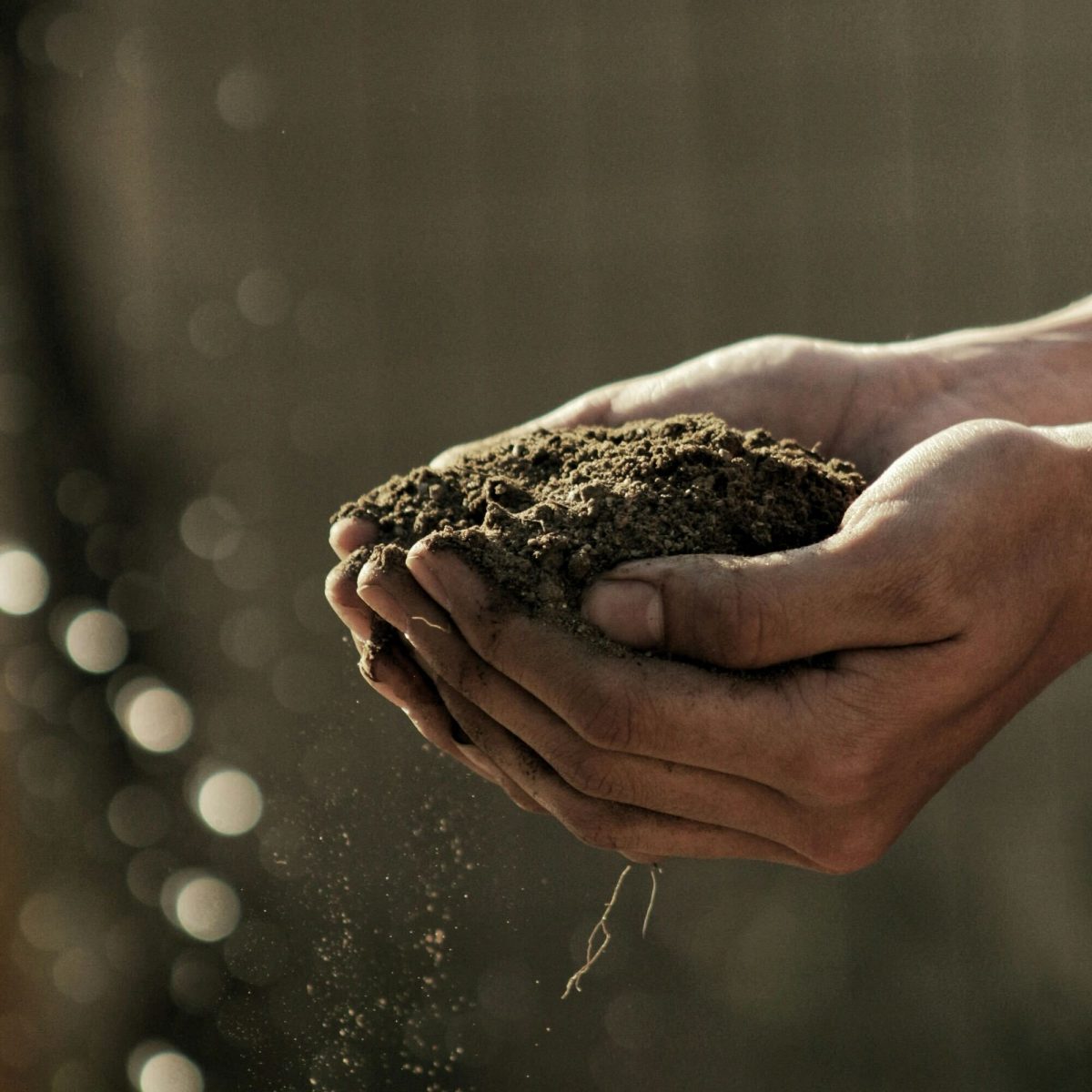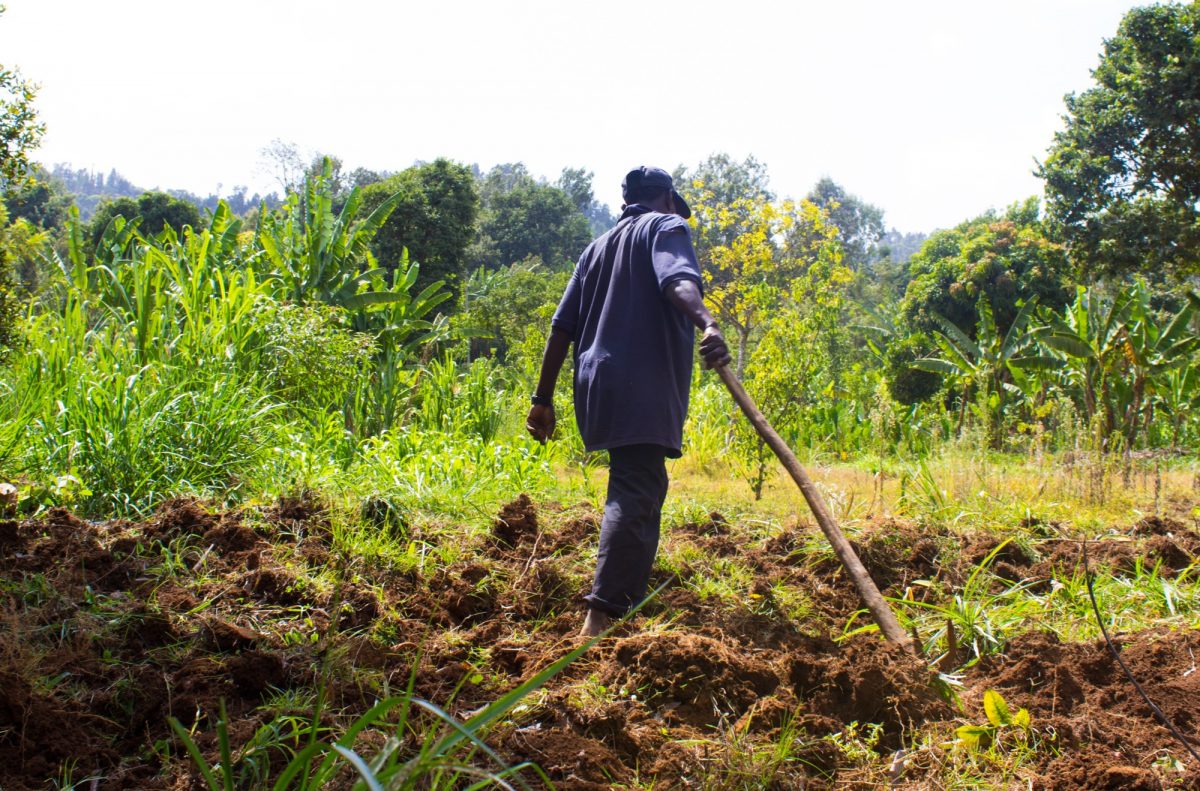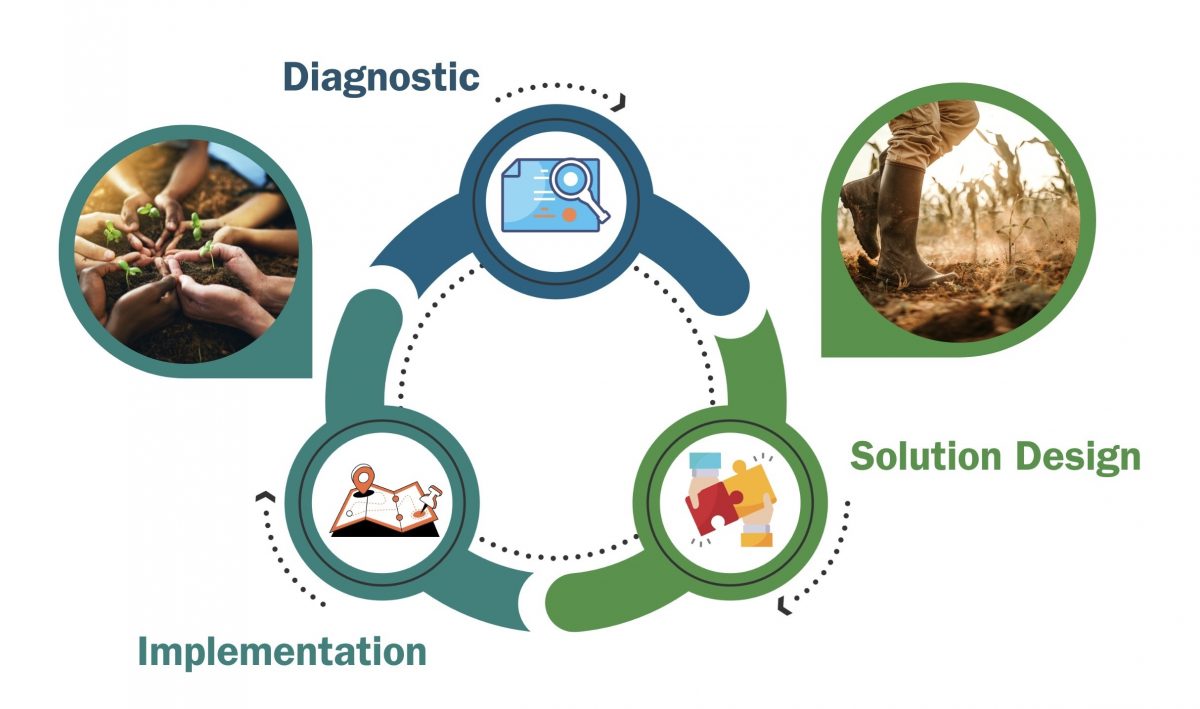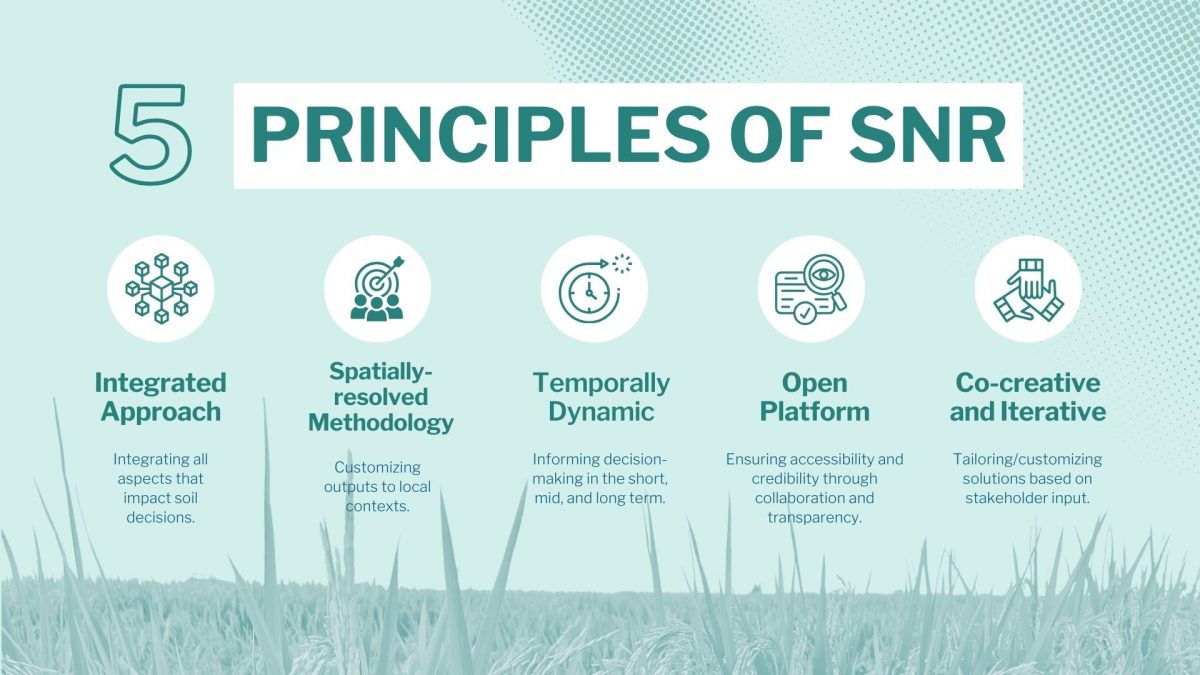
Unlocking Africa’s Agricultural Potential: Introducing the Soil Nutrient Roadmap
Food and nutrition insecurity are among our time’s most remarkable development challenges. In 2023, an estimated 846.6 million people across Africa faced moderate-to-severe food insecurity. Considering that this accounts for 58% of the continent’s total population, it is evident that immediate and long-term solutions are needed to strengthen food systems and address Africa’s food insecurity crisis.
The World Soil Charter emphasizes that healthy soil is fundamental to food security. However, soil degradation poses a major threat, with approximately 33% of global soils classified as moderately to highly degraded, 40% located in Africa. If left unaddressed, projections indicate that over half of Africa’s current arable land could become unusable by 2050.

The Nairobi Declaration: A Continental Call to Action
In May 2024, the Heads of State and Government of the African Union met in Nairobi, Kenya, as part of the Africa Fertilizer and Soil Health Summit. With regenerating degraded soils and enhancing soil health labeled as essential for building resilient food systems, the Summit introduced a 10-year action plan to:
- Reverse land degradation and restore soil health on 30% of degraded soil by 2034;
- Triple domestic production and distribution of fertilizers by 2034 and
- Ensure that at least 70% of smallholder farmers have access to tailored recommendations & advisory services.
A significant challenge, however, is the lack of a comprehensive data framework for evidence-based national action plans and investment strategies, providing a crucial opportunity to leverage digital solutions and data-driven decision-making to inform national soil health strategies.
Introducing the Soil Nutrient Roadmap (SNR)
For over a decade, Development Gateway: An IREX Venture (DG) has been at the forefront of digital agriculture, leveraging agricultural data to support input monitoring, value chain analysis, and farmer-centric governance models. With funding from the Gates Foundation, DG is launching the Soil Nutrient Roadmap (SNR), a cutting-edge initiative using geospatial data to estimate current and future soil and crop nutrient requirements.
Building on the momentum of the Africa Soil Health Summit and the Nairobi Declaration, SNR aims to support African countries in designing national soil health strategies and investment plans. This initiative seeks to provide timely, relevant, and context-specific data for governments, the private sector, and agricultural stakeholders, enabling them to make informed decisions on soil health interventions.
To achieve this, SNR’s primary objective is to:
- Estimate current and future soil and crop nutrient requirements at national and subnational levels.
- Develop a roadmap to coordinate stakeholders and support investment planning.
- Enable governments, private sector actors, and implementing partners to collaborate on soil nutrient solutions.
- Provide decision-support tools for policy formulation and agricultural strategy development.
Designing and Testing the SNR Concept
In 2023/2024, with support from the Gates Foundation and Boston Consulting Group (BCG), in partnership with the International Fertilizer Association (IFA), collaborated to design a framework for national-level soil nutrient roadmaps. Ministries of Agriculture in Ethiopia, Rwanda, Kenya, Tanzania, and Ghana strongly supported the initiative, emphasizing its potential to transform fertilizer sectors and investment priorities in soil health.
Encouraged by the interest from a wide range of national and subnational stakeholders, the proof-of-concept has progressed into a 24-month acceleration phase led by DG. This phase will focus on developing an interoperable, data-driven platform to facilitate coordinated action and inform policy, regulatory, and investment decisions.
The project will be implemented over 2025–2026 in up to four Sub-Saharan countries: Kenya, Ethiopia, Tanzania, and Ghana. It will produce:
- The SNR framework: A suite of data, protocols, and models generating diagnostics to prioritize soil health interventions.
- A user dashboard: An interactive tool for country-level scenario visualization.
- Performance Indicators: Country-specific metrics for measuring impact and progress.
SNR will also investigate partnership models and sustainability strategies to ensure long-term impact and viability in different regions and chart a path toward the project’s localization.
The Roadmap
To address the trifold challenges faced by Africa’s agricultural sector of stagnating crop yields, degrading soil health and plant nutrition, and fertilizer dependency, SNR’s approach uses a 3-step journey:
1. Diagnostic Phase: Identifying Key Soil Health Challenges
This first phase of the roadmap aims to map out crop nutrient cycles, quantify indigenous nutrient supply, identify nutrient deficiencies, and determine key limiting factors such as soil acidity, erosion, and leaching. The insights will inform the setting of ambition levels and data-driven targets for national soil health strategies.
2. Solution Design Phase: Developing Targeted Interventions
Using diagnostic insights, SNR will design context-specific solutions, prioritizing key intervention areas, such as:
- Soil health & fertility practices such as intercropping and liming;
- Nutrient supply optimization;
- Water management;
- Seed improvement and
- Agricultural mechanization.
Each solution will undergo a simulation to determine its technical and financial requirements, the return on investment (ROI) assessment, and the development of regulatory, economic, training, and infrastructure support mechanisms.
3. Implementation Planning: Delivering Scalable Solutions
This final phase integrates prioritized solutions into an actionable national roadmap, detailing funding needs, governance structures, and implementation plans. This phase will also establish a Project Management Office to oversee execution and ensure measurable impact.

By addressing Africa’s interconnected agricultural challenges, SNR will empower governments and stakeholders with data-driven solutions to enhance soil health restoration efforts, increase domestic fertilizer production and distribution, improve smallholder farmers’ access to advisory services, and strengthen agricultural resilience against climate change.
SNR represents a critical opportunity to reshape Africa’s agricultural future, ensuring food security, economic growth, and environmental sustainability. As national soil health strategies take shape, the collaborative efforts of governments, private sector actors, and development organizations will be essential in realizing a resilient and productive agricultural landscape for future generations.